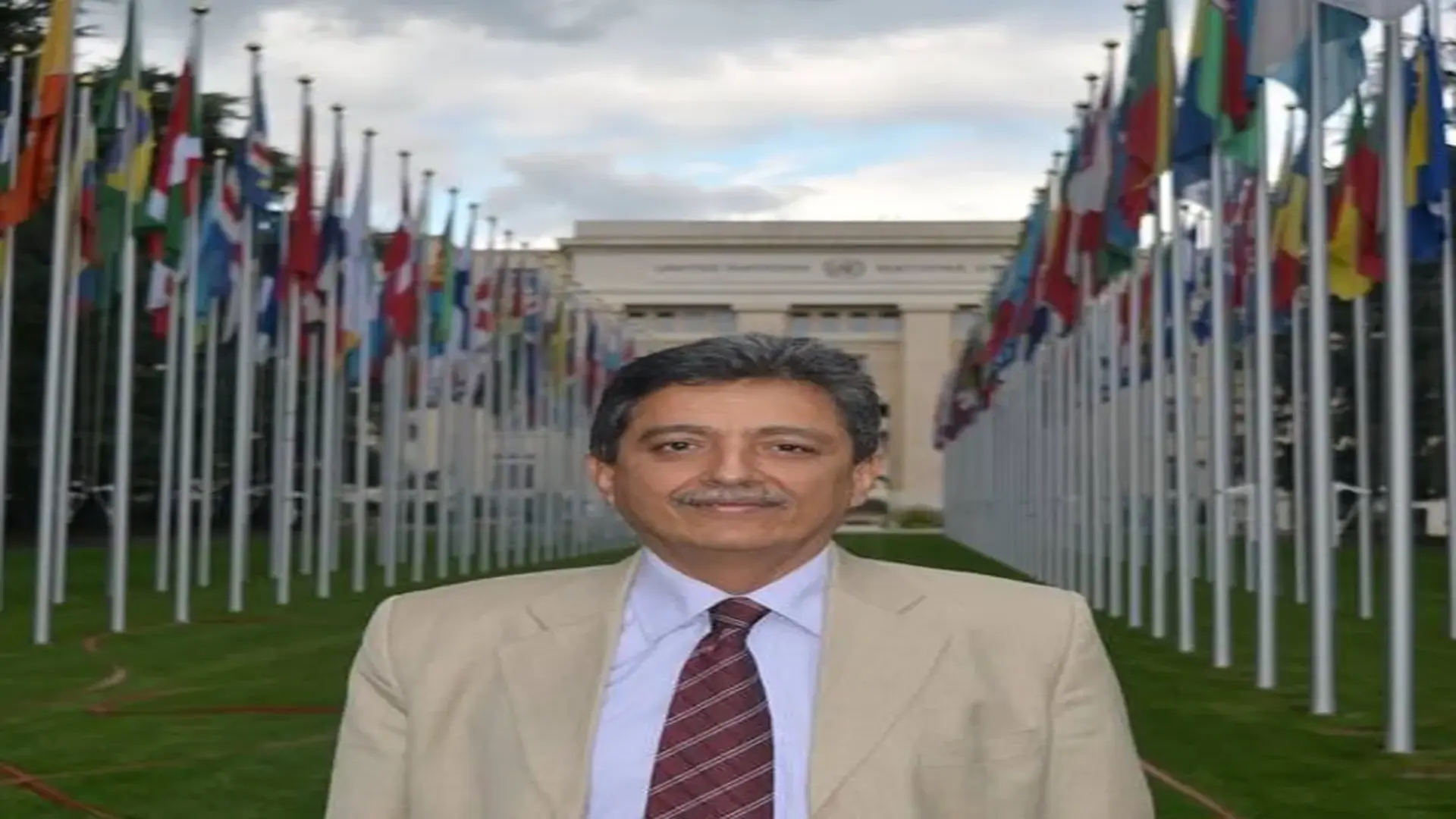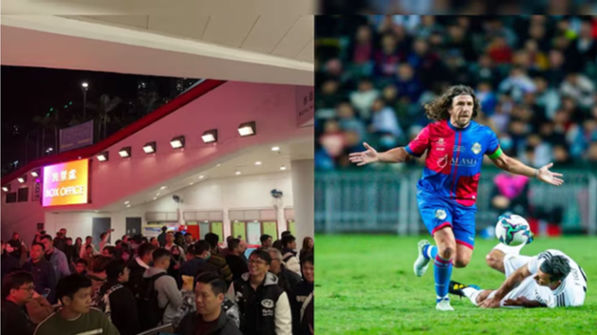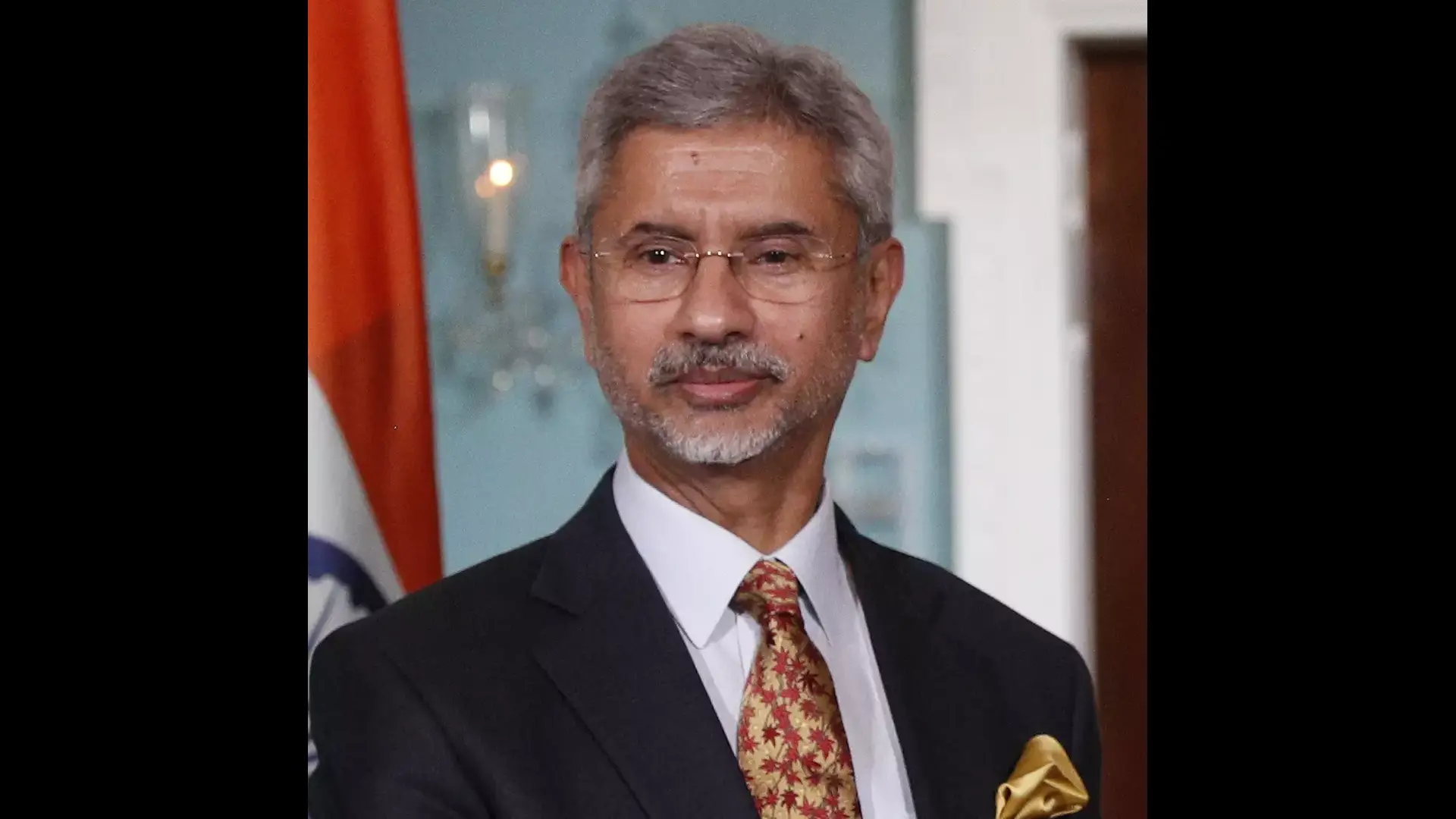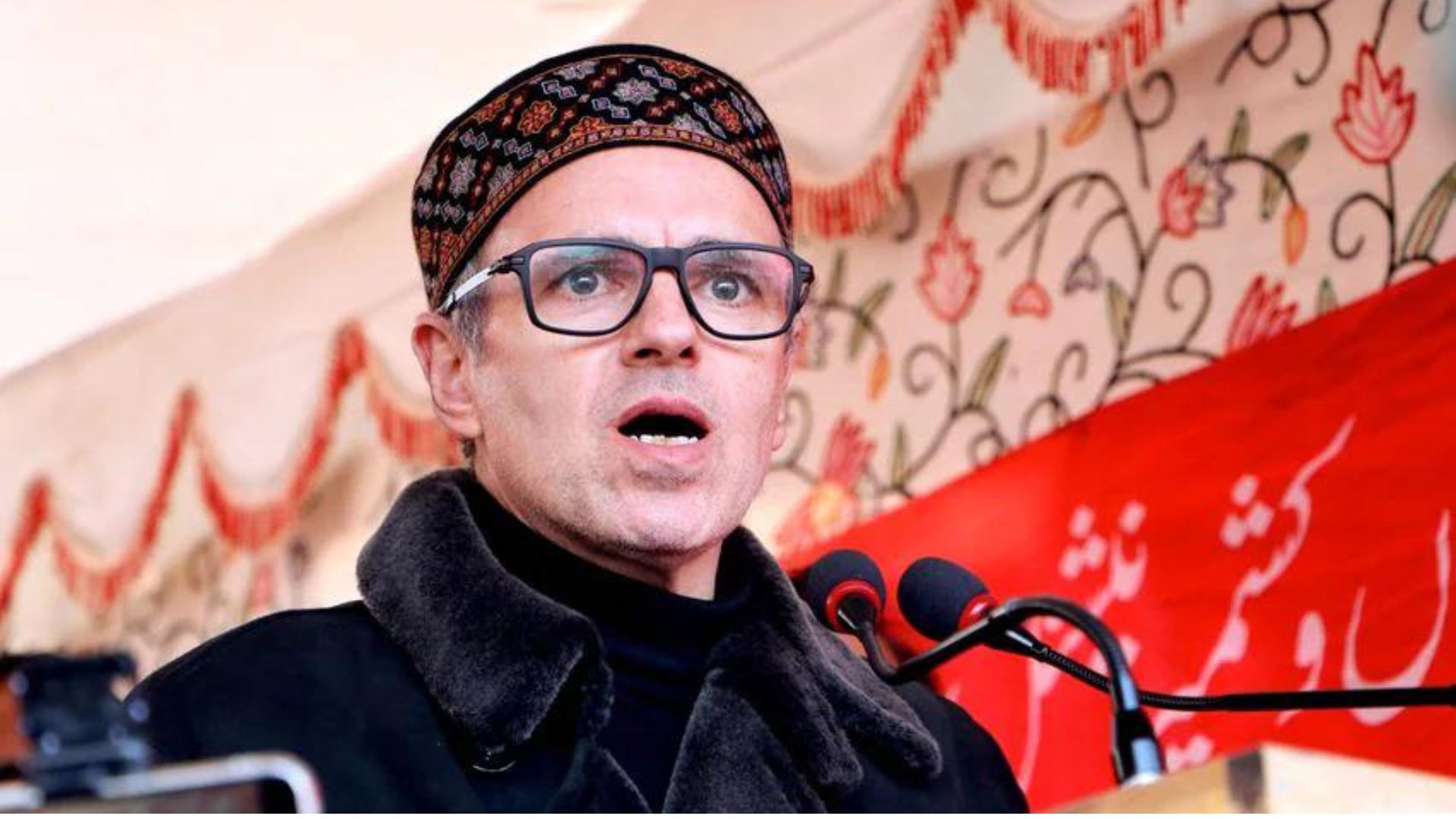A seminar organized by the Inter-Cultural and Inter-Religious Forum (ICIRF) and the International Centre Against Terrorism (ICAT) in Geneva on Tuesday brought together a group of human rights defenders, social activists, and journalists to discuss the pressing issues of counter-terrorism, violent extremism, and the human rights challenges faced by regions in Africa and Asia. The event served as a platform to highlight the growing concerns around terrorism and its implications for peace and stability in these continents.
Among the prominent speakers at the seminar was Mohammed Arif Aajakia, a London-based journalist and a vocal critic of Pakistan’s involvement in terrorism. In his address, Aajakia referred to Pakistan as the “Nursery of Terrorism,” accusing the nation, particularly its military establishment, of orchestrating and supporting global terrorism. “Global Terrorism comes from Pakistan, under the direction of the Pakistani military,” he stated, directly linking Pakistan’s Inter-Services Intelligence (ISI) to the rise of terrorist organizations.
Aajakia delved into the origins of the infamous terrorist group Al-Qaeda, asserting that Pakistan’s ISI played a pivotal role in uniting radical Islamist factions, which led to the formation of the terrorist organization. “After 9/11, where did we find Osama Bin Laden, Abu Faraj al-Libbi, and Abu Zubaydah? All the notorious Al-Qaeda terrorists were found in Pakistan. But we made Pakistan our partner; on our part, it was wrong. To get rid of terrorism, we must address Pakistan’s role in fostering it,” he explained.
The journalist also took the opportunity to speak about the ongoing human rights violations in Pakistan, particularly in the Sindh province, his place of origin. He lamented the exploitation of Sindh’s resources, pointing out that while the region contributes more than half of Pakistan’s national revenue, it continues to face severe deprivation. “We in Sindh fund the expenses of the entire Pakistan, yet we don’t receive any civic facilities or basic human rights. More than 50% of Pakistan’s national exchequer comes from Sindh, while over 50% of spending goes to Punjab, which contributes nothing in comparison,” Aajakia emphasized.
In addition to these grievances, Aajakia condemned the international community for its leniency towards Pakistan, particularly for branding the Pakhtun community as terrorists. “Pakhtuns are the biggest victims of terrorism, not its perpetrators,” he remarked, calling for a more nuanced understanding of the internal dynamics in Pakistan.
One of the most alarming issues raised by Aajakia was the Pakistan military’s pursuit of human rights defenders, even those who have sought asylum in other countries. He referenced the case of Ahmad Waqass Goraya, a human rights activist targeted by the ISI. Aajakia detailed how the ISI attempted to assassinate Goraya by hiring a hitman to track him down in the Netherlands. “ISI has no limits. Two years ago, the Dutch police informed their British counterparts about a Pakistani individual who had traveled from London to Rotterdam to kill Goraya because he had spoken the truth about the Pakistani Army,” Aajakia revealed.
The plot failed, thanks to the intervention of local authorities who moved Goraya to a safe location. However, Aajakia noted that evidence found on the hitman’s phone confirmed the ISI’s involvement, as the would-be assassin was promised a large sum of money for carrying out the murder.
The seminar underscored the continued threat posed by terrorism and violent extremism, while also highlighting the urgent need for stronger international action against nations that harbor and support such activities. As the discussions concluded, the calls for greater accountability and protection for human rights defenders resonated strongly among the attendees.







